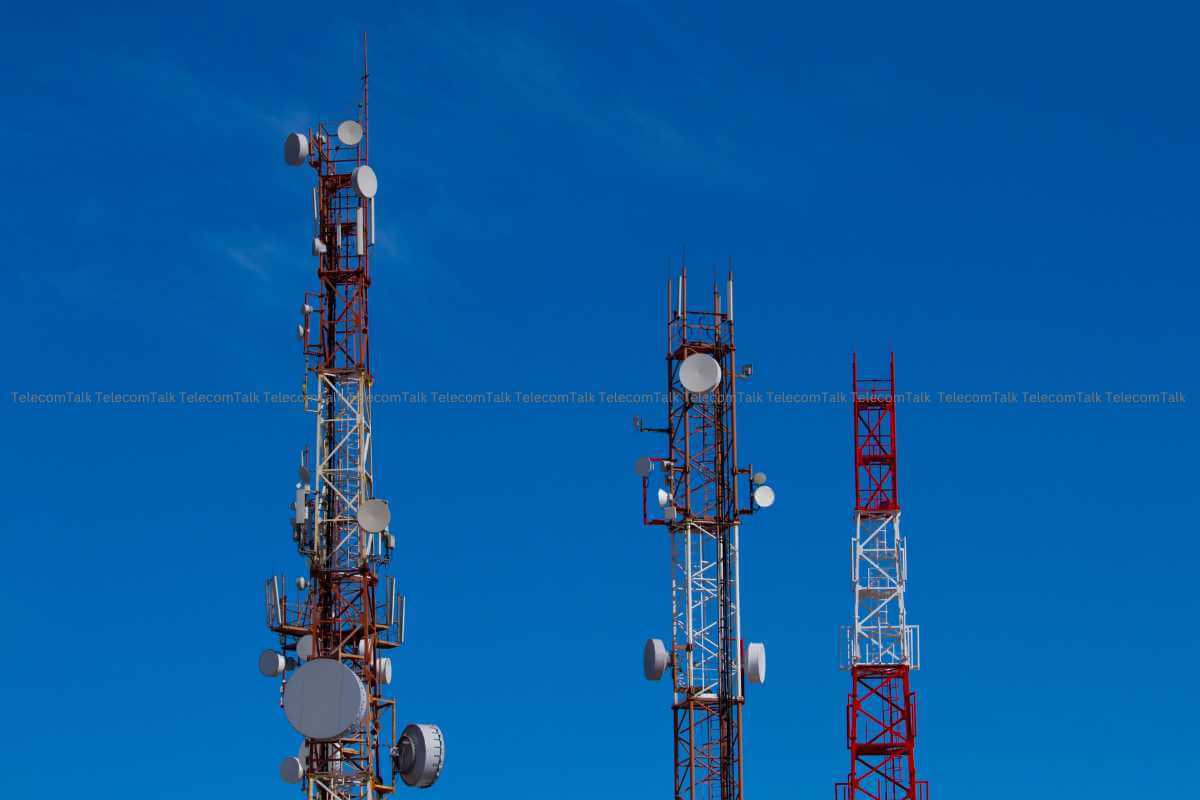
Infrastructure is the lifeline of telecom services. Keeping that in view, the Cellular Operators Association of India (COAI) has requested the government to make RoW (Right of Way) legally enforceable for everyone, including the state or central government and municipality. RoW policies are still different for some states. That means ununiform costs for the telcos when they are deploying infra-heavy networks such as 5G. Thus, in the upcoming telecom bill, the telco body has requested the government to make RoW legally enforceable, reports ET. This will ensure that everyone follows the law or pays a penalty when they don't.
Read More - COAI Wants Level Playing Field for Telcos and OTT Players
The Department of Telecommunications (DoT) has already amended the RoW policy quite a few times. Every time an amendment was introduced, it was done with the aim to make the life of telcos easier. The latest amendment came in 2023 itself. The amendment was made for a provision for a license for multiple sites in a single application for deploying small cells. Since 5G is a network technology that would require small cells every few hundred meters for effective performance, it is necessary that the telcos get a license for deploying multiple small cells in a single application. This not only saves time for the telcos but also reduces their costs and allows them to bring a new service to the market faster.
Read More - COAI Again Pitches to Include OTT Apps Under Telecom Licensing Regime
There was one more key change that was introduced with the latest amendment. The telcos are now allowed to set up temporary overground telegraph infrastructure without any fee in case their existing infrastructure is damaged. It saves them money which they can use to build or repair fresh infra and also doesn't disrupt the services for the customers. The Telecom Bill 2023 has already got clearance from the Union Cabinet.















